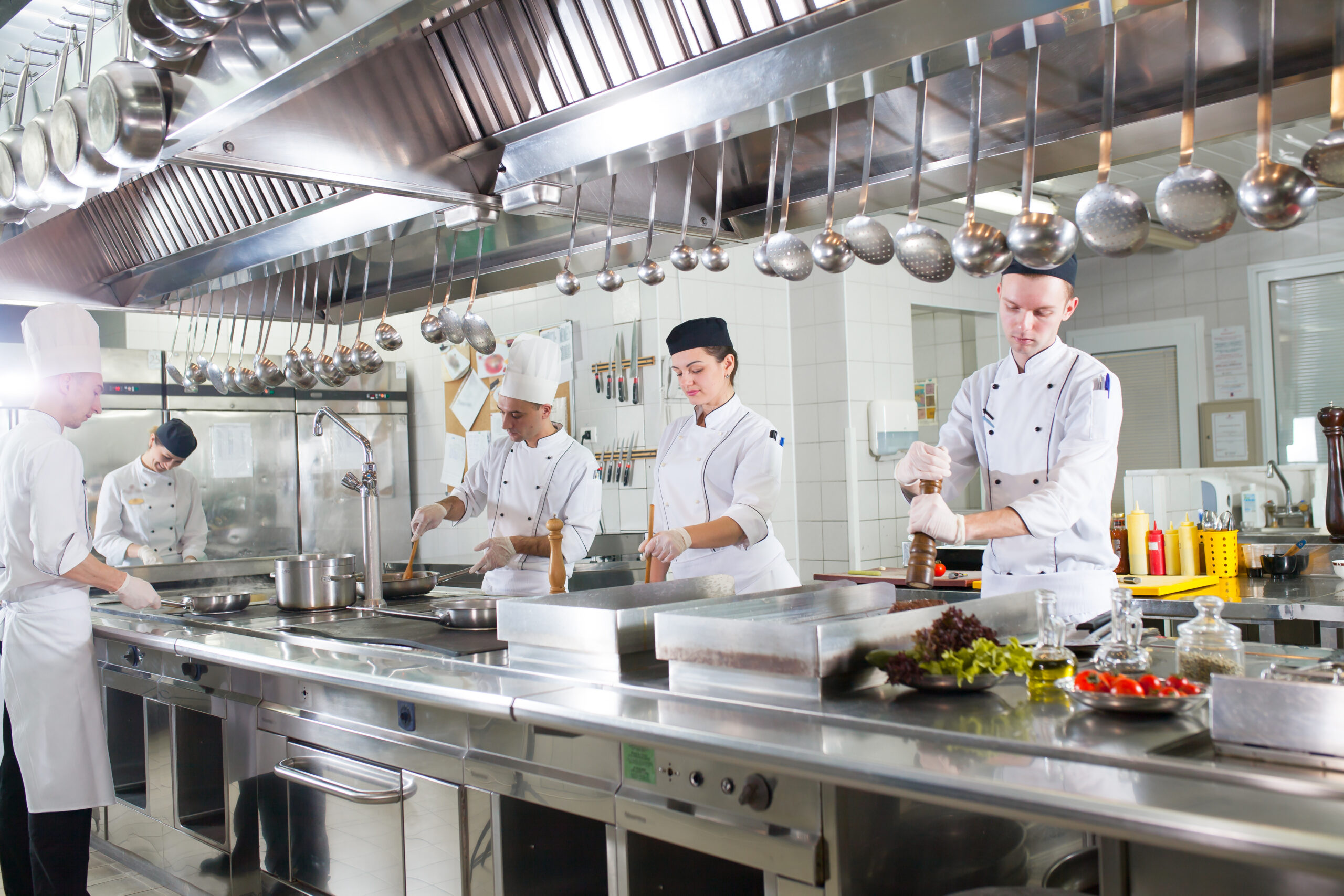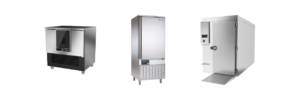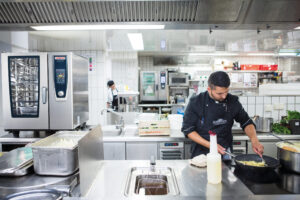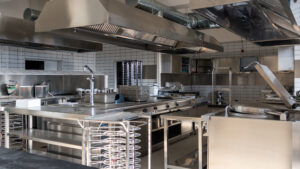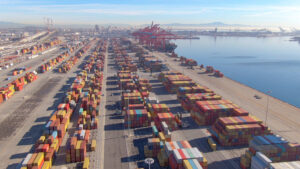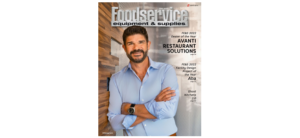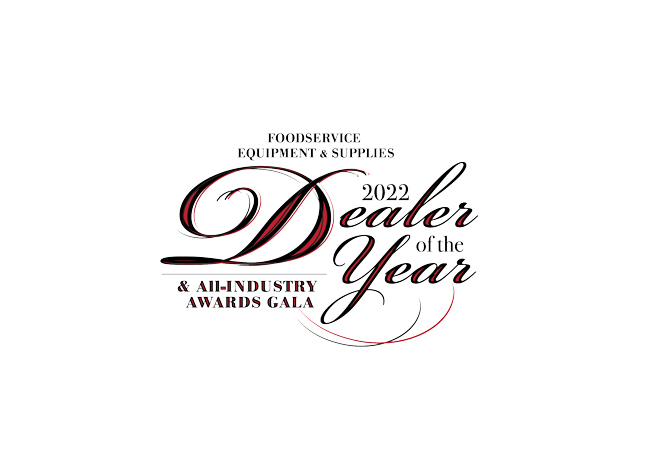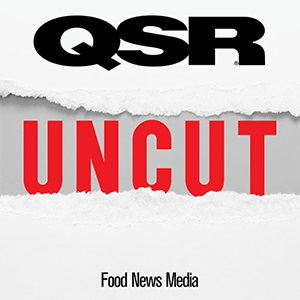What Are the Requirements for Commercial Kitchens?
There are no shortages of commercial kitchen requirements. From building codes to equipment to food handling, there’s a lot that goes into opening a commercial kitchen and ensuring you continue to meet health and safety regulations.
Determining which rules you need to follow depends on where you plan to open your restaurant. There are various agencies that you must adhere to between federal, state, and local jurisdictions.
We’ve put together this guide to help you determine which basic requirements you need to meet and where you can find additional information. Let’s dive in.
Which Agencies Regulate Commercial Kitchens?
There are several governing agencies that oversee commercial kitchens.
- Occupational Safety and Health Administration (OSHA): OSHA is an organization dedicated to protecting workers’ health and safety. Some of their relevant regulations include the placement of fire alarms and hydrants, the width of walkways, and the number of exits.
- The Food and Drug Administration (FDA): The FDA monitors food safety, including how to store, handle, prepare, and serve food. While most of their regulations revolve around the kitchen’s function, you should be aware of them as you’re selecting equipment and materials.
- State agencies: Each state also has its own requirements when it comes to construction, safe food handling, etc.
- County/city agencies: Some counties and cities have their own requirements and regulations you must keep in mind. For example, many cities created their own pandemic-related mandates that restaurants needed to adhere to. The city of Los Angeles required proof of vaccination for anyone entering a restaurant, while the surrounding counties only required masks.
Navigating these rules can be tricky, especially when some may appear to conflict with each other. Hire designers and contractors who know the regulations, so you’re not stuck with fines and change orders later.
Prepare for Inspectors
You’ll meet several different types of inspectors when preparing to open your commercial kitchen. Here are just a few:
- Health inspectors
- Fire marshals
- Building code inspectors
Building and Construction Requirements
Whether you’re building from the ground up or simply remodeling your kitchen, there are many building and construction requirements to keep in mind. Local construction regulations vary widely in everything from licensing requirements to building codes. Meet with a city inspector early on to ensure you understand all the regulations.
Here are some general guidelines to look out for during the construction process.
- Ceilings, walls, and flooring should be made out of smooth, nonporous and easily cleanable materials.
- Cities often have specific plumbing requirements, including whether you need grease traps and how many, if you need garbage disposals, etc.
- You need access to a clean water supply.
- Gas hookups need to be safe and properly maintained.
- Some states have regulations regarding kitchen lighting intensity.
- Staff bathrooms must be made out of nonporous materials and have access to a handwashing station.
- There must be adequate storage, with separation for cleaning chemicals and food.
- If you have floor drains, make sure there’s a grade to avoid stagnate water.
This is nowhere near a comprehensive list of commercial kitchen building requirements. Reach out to your local agencies to ensure you’re meeting all necessary standards.
Equipment Requirements
You won’t find commercial kitchen equipment at just any retail store. And that’s because there are many regulations when it comes to equipment for food service operations.
Most commercial equipment distributors will be able to help you purchase equipment that meets federal, state, and local regulations.
- Cooking surfaces like prep tables must be made out of a nonporous material that’s easy to clean. A common material for most food-prep surfaces is stainless steel.
- You’ll likely need range hoods above gas or electric stoves, fryers, and ovens. In addition to exhaust systems, many local regulations also require integrated fire suppression systems.
- You will need a minimum of three separate sinks: One each for handwashing, food washing, and mops/cleaning.
- Dishwashers must meet certain requirements. Check your local regulations.
- For handwashing dishes, you’ll most likely need a three-compartment sink. This includes a compartment for washing, one for rinsing, and the last for sanitizing.
- Commercial refrigerators and freezers must meet energy standards and be maintained in good working order to prevent foodborne illnesses.
- There are many signs and posters that federal, state, and local agencies require, for example, a sign that reminds employees of proper safety and sanitation protocols. (Think “Employees must wash their hands before returning to work” signs in bathrooms.)
Need to finance? See what you need to know with this guide to restaurant equipment financing
Equipment Shortages
Since the COVID-19 pandemic began, there’s been a shortage of commercial kitchen equipment on the market. Many of the raw materials used are hard to come by post-pandemic, and recent events in Ukraine have slowed the supply chain down further. Remember to order your equipment well in advance, and go here for supply chain updates.
Don’t Forget About Equipment Installation
Purchasing the equipment is just the beginning. You also need to ensure everything is installed to specifications and all works properly to ensure you meet standard safety requirements.
Food and Safety Requirements
Many regulations come down to protecting the public. The CDC estimates that 48 million people get sick, 128,000 are hospitalized, and 3,000 die every year in the United States due to foodborne illnesses.
Here are some examples of common food safety regulations. This isn’t comprehensive or specific. Take a look at your state and local guidelines to ensure you’re meeting all requirements.
Food Handling Permits
All states require every employee in your restaurant that handles food to obtain this permit. It usually requires a class or two on food safety, an assessment and a small fee.
- For example, in California, you need either a California Food Handler Card or a Certified Food Protection Manager certificate.
- To obtain a food handler card, CA requires three hours of training and lasts for three years. The certificate requires eight hours and is valid for five years.
- The California code for commercial kitchens also requires owners to obtain licenses depending on the kind of food they will be serving.
Temperature and Time
This involves keeping your food at a specific temperature for a certain amount of time to prevent foodborne illnesses. This varies depending on the type of food and the temperature at which you’re keeping it. The obvious example? Frozen food can be kept frozen for a much longer period of time than food that’s simply refrigerated.
It’s most important that you keep foods out of the danger zone (between temperatures 40 °F and 140 °F) as much as possible. Food left in that zone can double the number of bacteria in as little as 20 minutes.
How do you do this? What’s most important to remember is that you need to keep cold foods cold and hot foods hot. That requires the right commercial kitchen equipment that’s optimally functioning at all times. This includes freezers and refrigerators and can also include steam tables, warming trays, and more.
Storage
Unfortunately, a lot of food contamination happens through improper storage. It’s a common mistake restaurants make—and some of the easiest to get dinged for on your inspections. Here are a few things to keep in mind:
- Store foods off the ground (yes, even in your walk-in) and in the proper order on the shelves. Typically, poultry is on the bottom shelf since it must be cooked to the highest temperature to be considered safe to eat.
- Use food-safe containers meant for commercial use (not residential).
- Put labels and dates on any foods that aren’t in their original packaging, and assign someone to throw out expired food regularly.
There are also regulations for storing equipment and utensils. Here are a few common requirements:
- Store clean cutting boards upright. They should never lay flat.
- Keep chef knives in a knife holder and not in drawers.
- Any utensils that are “in use” should be stored in a dipper well with running water.
- Air-dry dishes, tools, and utensils, and never with a towel.
- All cleaning liquids must be properly labeled.
Sanitation
There are pages of codes and regulations in regards to proper sanitation. Here are a few to keep in mind:
- Ensure regular and thorough cleanings of the ice bin and icemaker. Regular cleanings will prevent mold and slime from forming at the bottom.
- Keep soda guns and fountain nozzles pristine with daily cleanings.
- Sweep under equipment and clean mats daily to get rid of buildup and debris.
- Control grease buildup with a de-greaser on all equipment, and empty grease traps regularly to prevent fires.
Get Help with Regulations and Requirements
Commercial kitchen requirements are overwhelming, we know. That’s why it’s important to get people who know the legal and safety regulations on your team early. Check-in with your local government agencies early and often to ensure you’re on the right track.
Need help? Avanti is here for you. We have 20+ years in the industry and work with experienced contractors to ensure you’re meeting all the standards for opening your commercial kitchen. Reach out to our experts today.
Feeling overwhelmed? We’re here to help. We have all of this information and worked into our process. Turn to the experts and we’ll streamline and simplify your commercial kitchen design.
